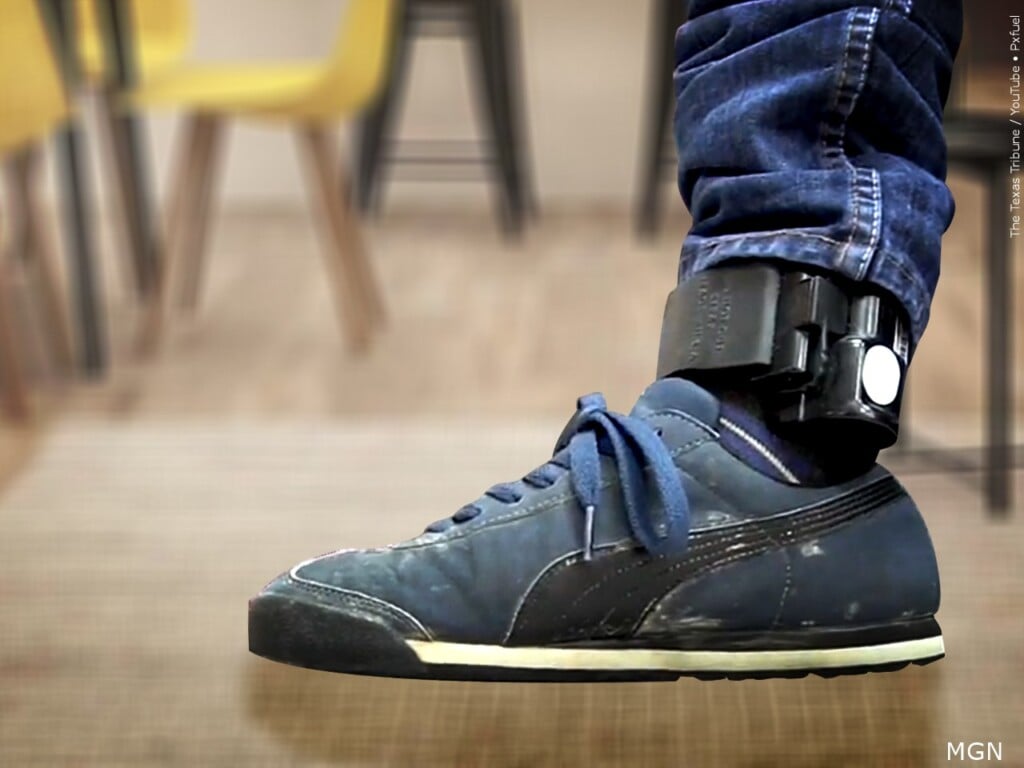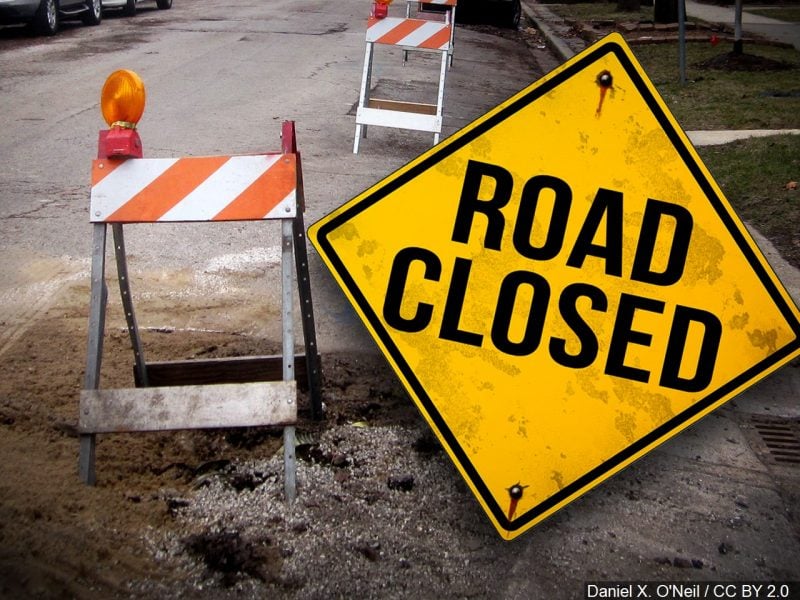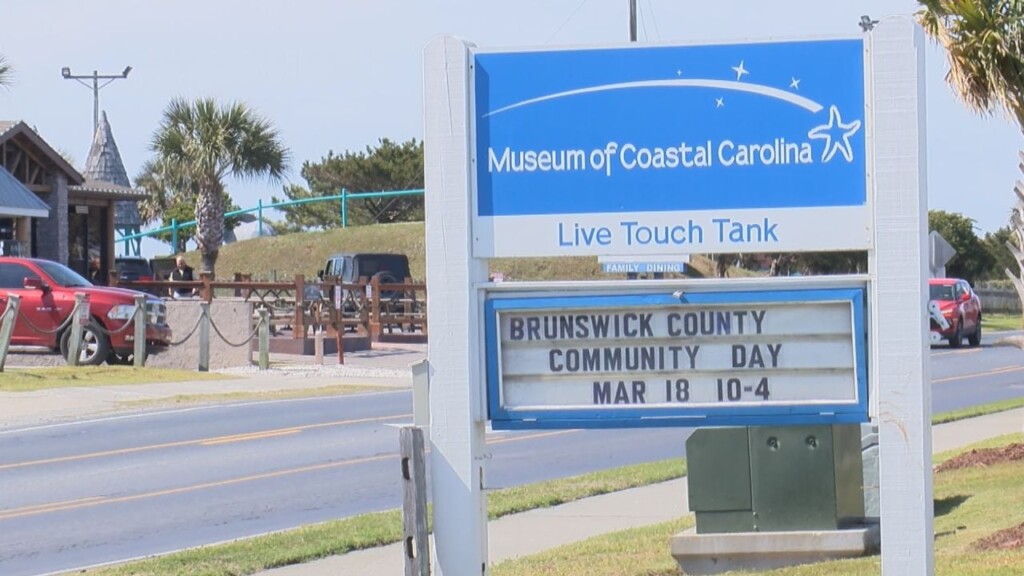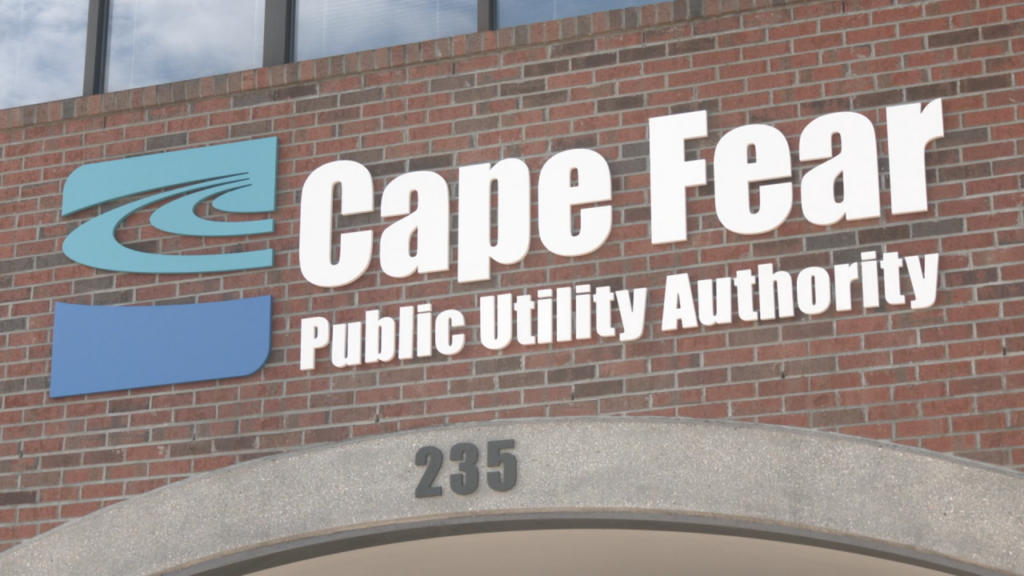Coronavirus state of emergency hits second anniversary
NEW HANOVER AND BRUNSWICK COUNTIES (WWAY) — Today marks two years since Governor Roy Cooper officially declared a state of emergency over COVID-19, which continues into 2022.
State of emergencies typically grant officials more power to address the emergency, trigger anti-price gouging laws into effect, and send federal aid to the area in need.
Two years since that executive order, North Carolina is much better equipped to face coronavirus compared to 2020.
“It’s given us more tools, stronger tools in our toolkit,” said New Hanover County’s Assistant Health Director, Carla Turner. “And it’s given us more opportunity to learn about the virus so that we can begin putting plans in place to address the next variant. And I think that’s where we are.”
Since that state of emergency was declared, nearly 50,000 people have contracted COVID-19 and more than 380 have died from it just in New Hanover County. The state of emergency still provides resources locally, though our coronavirus cases are declining.
“(It’s) access to some funding that we may not have otherwise,” Turner explained. “We do have staff onsite that help us with contact tracing from Community Care of North Carolina.”
But with the number of COVID-19 cases and deaths dropping, are we still in a pandemic? Or have we learned to live with the virus?
“A pandemic is sort of when it’s new. Endemic is when it’s here and when we recognize that it’s not going away.” Turner continued, “People are starting to call this an endemic, but it hasn’t been officially… the CDC hasn’t officially labeled it an endemic, but that’s the direction we are going.”
With mask mandates dropping across the state, representatives have attempted passing laws like the Free Smiles Act. The act’s goal was to give parents the choice of whether their kids should mask in schools, a power that now falls to school boards. Representative Frank Iler of Brunswick County says not only have we learned to live with the virus, it’s important to drop the state of emergency or risk further mandates.
“And two years is too long,” Iler said. “That’s what we’re trying to say now. The effect is that local governments like school boards and others, as long as that is issued as a State of Emergency, they think that they are supposed to mandate masking and vaxing.”
COVID-19 related states of emergency have expired in 28 states, but remain active in 22, including North Carolina.
Though NC Senator Michael Lee wasn’t available for an interview, he did respond to the State of Emergency, saying:
“Today is the 730th day of Governor Cooper’s State of Emergency. After two years, it is no longer an emergency, it is the status quo. With vaccines and treatments available for most of our population, it is time for Governor Cooper to acknowledge what everyone else knows: this is no longer an emergency. Governor Cooper needs to end his state of emergency immediately.”




